Nine years since fall of Milošević regime
Today marks the 9th anniversary since the mass opposition protest in Belgrade that brought down the regime of Slobodan Milošević.
Monday, 05.10.2009.
09:35

Today marks the 9th anniversary since the mass opposition protest in Belgrade that brought down the regime of Slobodan Milosevic. A coalition of opposition parties, dubbed the Democratic Opposition of Serbia (DOS), called the rally for October 5, 2000, in front of the then Federal Parliament building, over the regime's decision not to recognize the results of the September 24, 2000, presidential elections. Nine years since fall of Milosevic regime The state election commission instead announced there would be a run-off between Milosevic, who headed the Socialist Party of Serbia (SPS), and DOS candidate and DSS leader Vojislav Kostunica, despite the fact that Kostunica had won over 50 percent of the votes in the first round. Several days of protests culminated on October 5. Demonstrators from all over the country broke through road blocks to arrive in Belgrade. During the afternoon police used teargas in an attempt to stop them from breaking into the parliament building, but did not succeed. The building was soon in flames as were the state television RTS headquarters. The protesters demanded for the results to be accepted, and for RTS heads to resign. Police soon joined the protesters, and after negotiations with opposition leaders, the military did the same. Jasmina Jovanovic of Cacak died during the demonstrations, after falling under a truck, while one man died of a heart attack. A total of 65 people were injured. That evening, the new Serbian president, Vojislav Kostunica, and future PM Zoran Djindjic addressed the citizens from the balcony of the Belgrade city hall. On October 6, Milosevic conceded election defeat and congratulated his opponent on his victory. The leaders of the 18 parties that made up DOS in August that year signed a "contract with the people", where they said they were obligated to, once they were in power, renew the citizen's trust in the state, root out corruption, carry out comprehensive reform, in order for Serbia to once again take her equal place in the European family of states. One of the participants of October 5, Zoran Zivkovic, who took over as prime minister in 2003 after the murder of Djindjic, says that nine years on, not much of what was promised has been fulfilled, and believes that the reason for this is "counterrevolution". "The counterrevolution, it's a serious but accurate word, stared creeping in after October 6, when Kostunica prevented DOS from making all the changes that were necessary to achieve discontinuity with the previous regime. Instead he went to see Milosevic that night," Zivkovic told B92 TV last night during a talk show. Another DOS leader, Nebojsa Covic, also took part in the show, and also noted that the promises have not been made good on. "The idea was that so many parties would create a system where one would control the other, however, it ignored the fact that there were two big parties, and that the rest were small, and then the evening out started. The cadre was not competent," said Covic. Kostunica's DSS will today honor the memory of Jadranka Jovanovic by placing flowers at her grave. The October 6, 2000, front page of daily Politika (FoNet)
Nine years since fall of Milošević regime
The state election commission instead announced there would be a run-off between Milošević, who headed the Socialist Party of Serbia (SPS), and DOS candidate and DSS leader Vojislav Koštunica, despite the fact that Koštunica had won over 50 percent of the votes in the first round.Several days of protests culminated on October 5. Demonstrators from all over the country broke through road blocks to arrive in Belgrade. During the afternoon police used teargas in an attempt to stop them from breaking into the parliament building, but did not succeed.
The building was soon in flames as were the state television RTS headquarters. The protesters demanded for the results to be accepted, and for RTS heads to resign.
Police soon joined the protesters, and after negotiations with opposition leaders, the military did the same.
Jasmina Jovanović of Čačak died during the demonstrations, after falling under a truck, while one man died of a heart attack. A total of 65 people were injured.
That evening, the new Serbian president, Vojislav Koštunica, and future PM Zoran Đinđić addressed the citizens from the balcony of the Belgrade city hall.
On October 6, Milošević conceded election defeat and congratulated his opponent on his victory.
The leaders of the 18 parties that made up DOS in August that year signed a "contract with the people", where they said they were obligated to, once they were in power, renew the citizen's trust in the state, root out corruption, carry out comprehensive reform, in order for Serbia to once again take her equal place in the European family of states.
One of the participants of October 5, Zoran Živković, who took over as prime minister in 2003 after the murder of Đinđić, says that nine years on, not much of what was promised has been fulfilled, and believes that the reason for this is "counterrevolution".
"The counterrevolution, it's a serious but accurate word, stared creeping in after October 6, when Koštunica prevented DOS from making all the changes that were necessary to achieve discontinuity with the previous regime. Instead he went to see Milošević that night," Živković told B92 TV last night during a talk show.
Another DOS leader, Nebojša Čović, also took part in the show, and also noted that the promises have not been made good on.
"The idea was that so many parties would create a system where one would control the other, however, it ignored the fact that there were two big parties, and that the rest were small, and then the evening out started. The cadre was not competent," said Čović.
Koštunica's DSS will today honor the memory of Jadranka Jovanović by placing flowers at her grave.










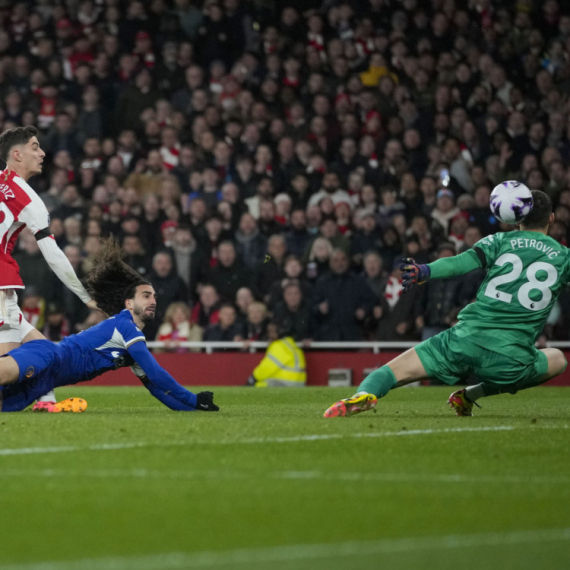
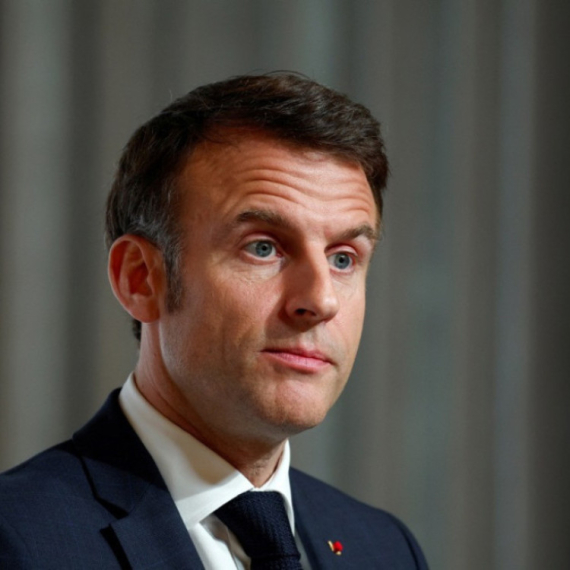

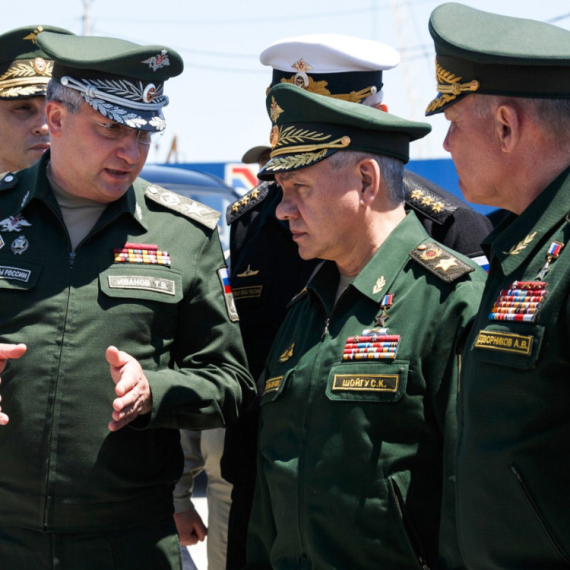
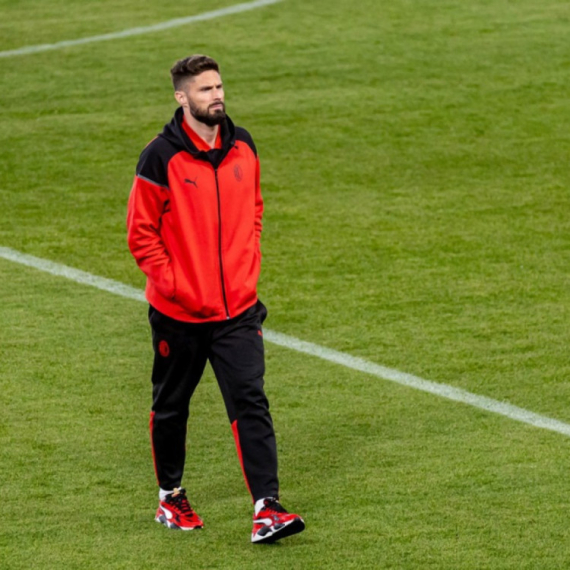
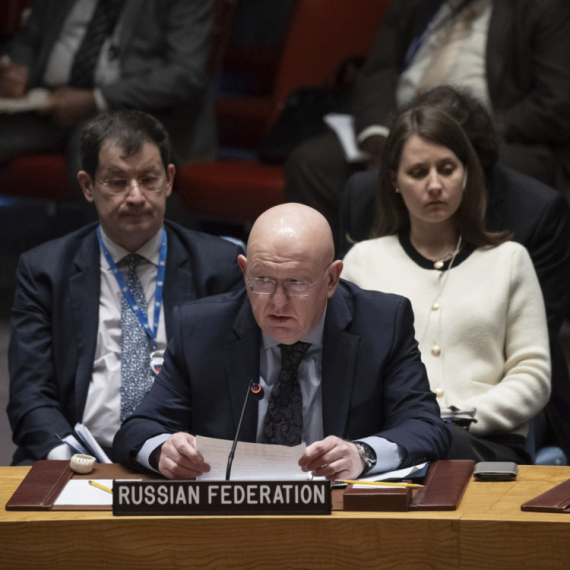

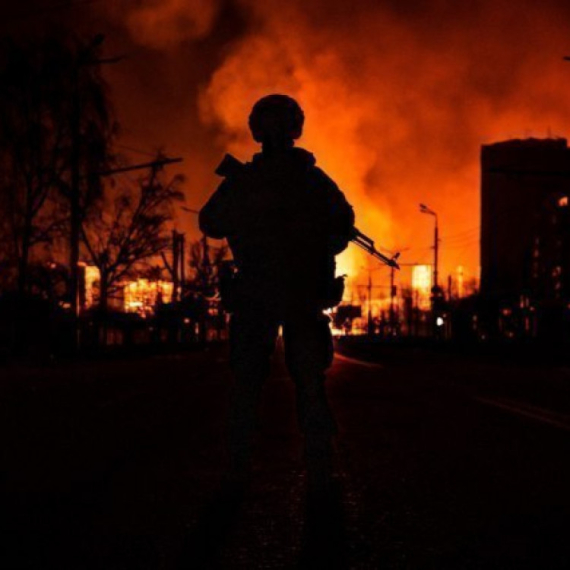











Komentari 32
Pogledaj komentare